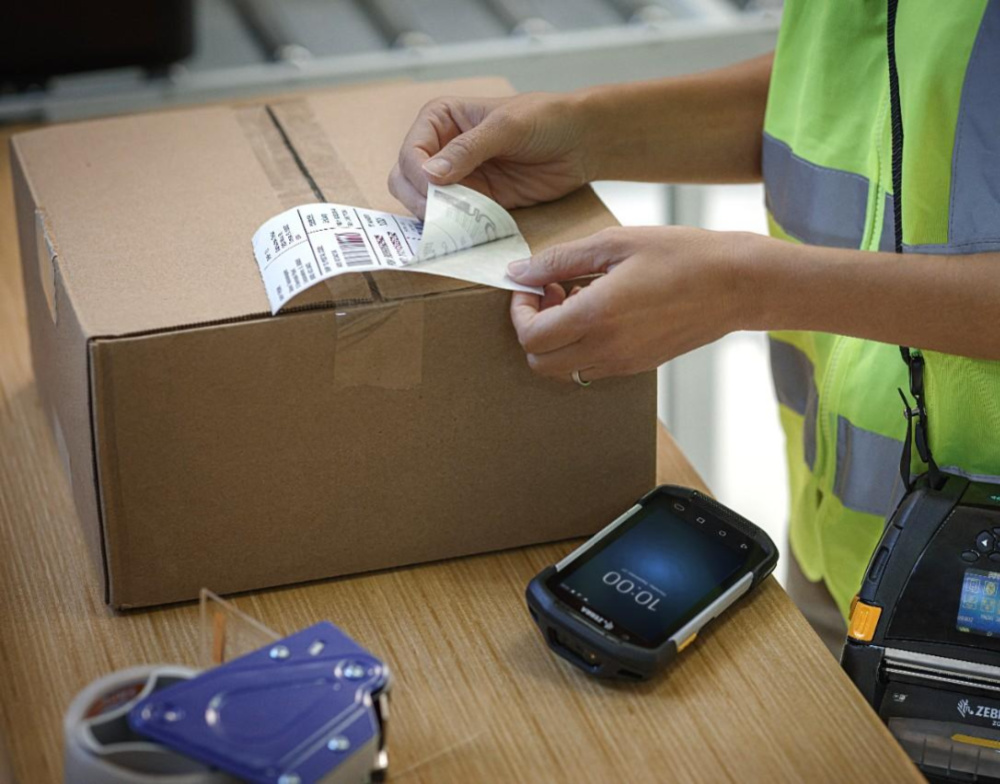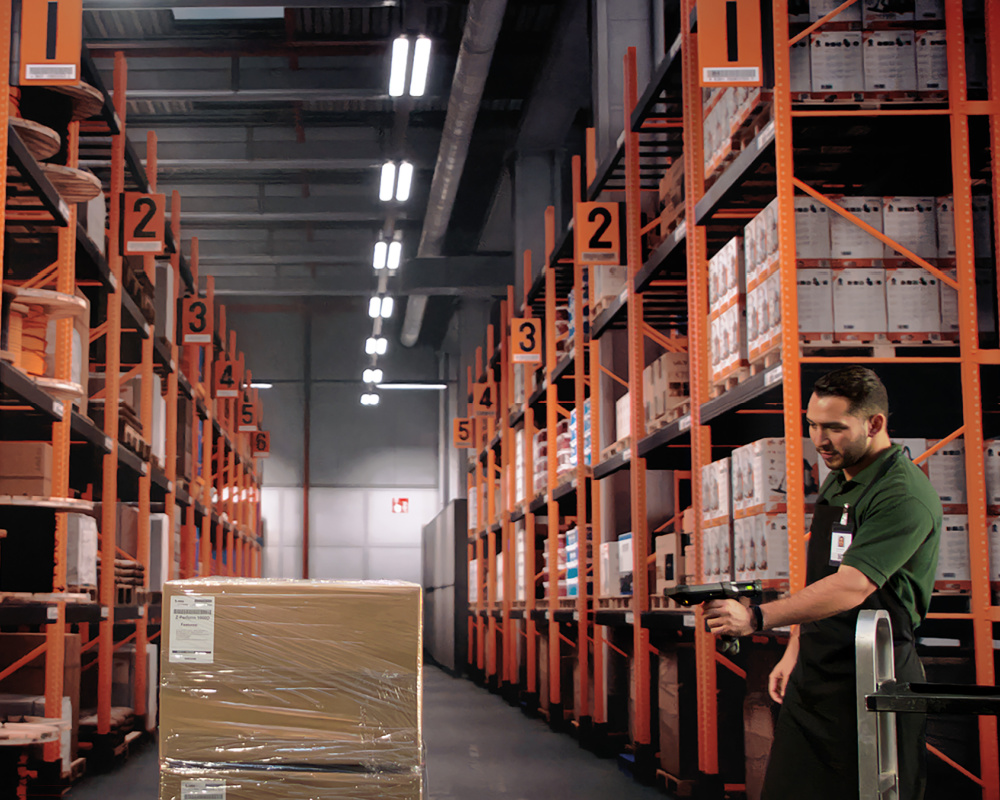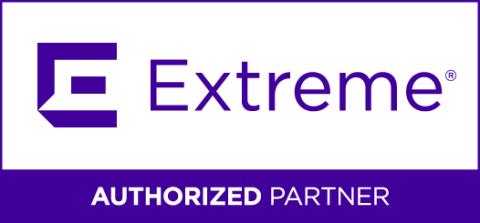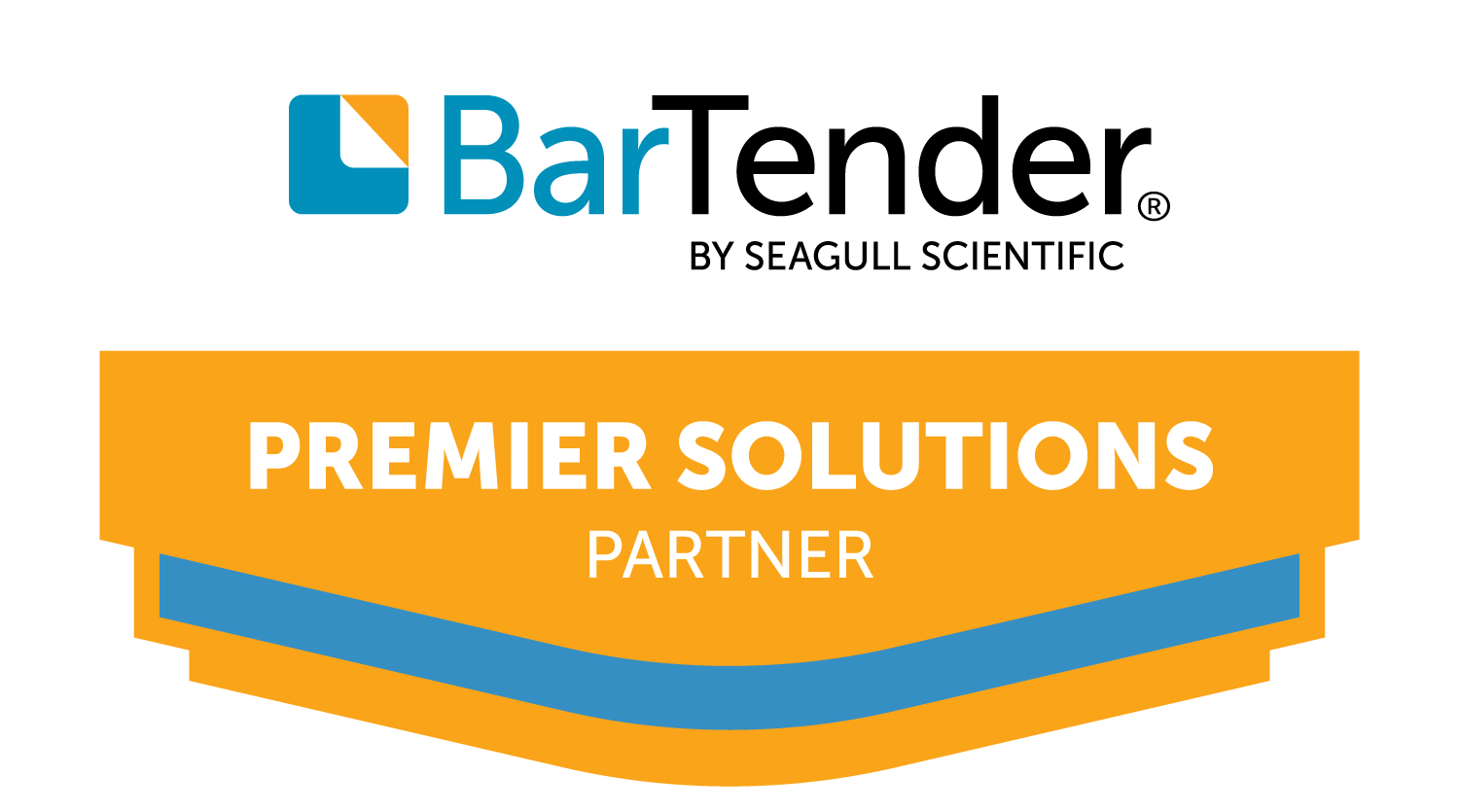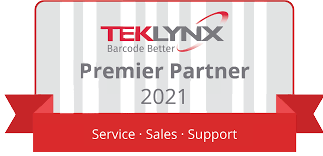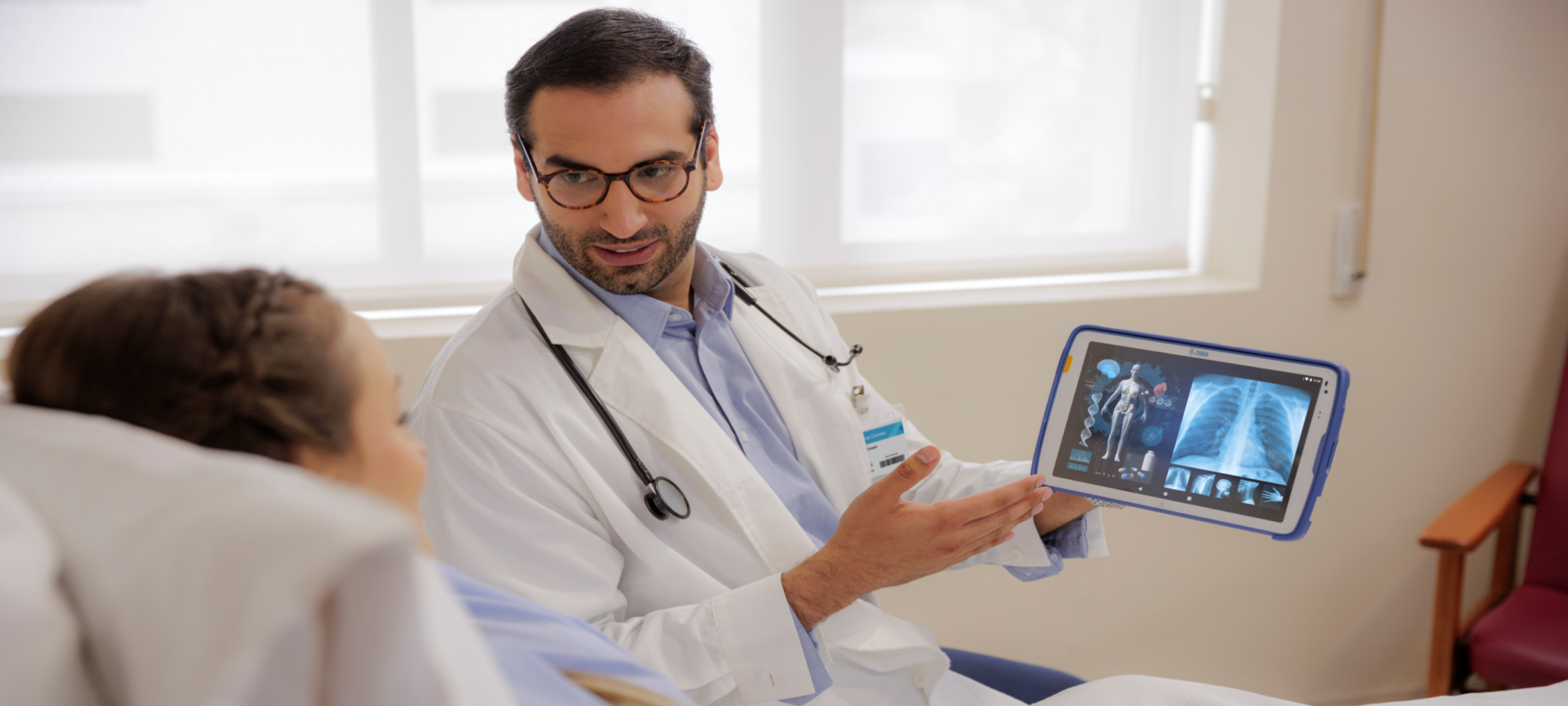
Healthcare Technology Solutions: Elevating Patient Care
In the fast-paced and demanding landscape of healthcare, where the focus is unwaveringly on patient care efficiency, accuracy, and accountability are paramount. Hospitals and healthcare providers are perpetually seeking innovative solutions to streamline their processes and, ultimately, enhance patient care. This is where ValuTrack emerges as an ally, offering transformative solutions to address the unique challenges faced by healthcare institutions. Let’s delve deeper into how ValuTrack’s expertise in healthcare technology solutions can drive tangible improvements in elevating patient care.
In this article:
-
Medication Administration Accuracy
-
Asset Management and Tracking
-
Streamlined Workflows
-
Regulatory Compliance
-
Enhanced Data Analytics
Key Takeaways:
-
Enhanced Patient Safety Through Medication Accuracy: Incorporating barcode scanning and RFID technology, significantly reduces the risk of medication errors by ensuring accurate medication administration, verifying expiration dates, and confirming dosages. This emphasis on precision enhances patient safety.
-
Streamlined Workflows and Compliance: Automating administrative workflows, such as admissions, discharges, and transfers (ADT), reduce the administrative burden on healthcare staff. Additionally, achieving regulatory compliance doesn’t have to be difficult, as documentation processes can be automated to ensure that healthcare providers meet stringent standards and maintain accurate records.
-
Data-Driven Decision-Making for Continuous Improvement: Data analytics capabilities empower healthcare institutions to gain valuable insights from their operations. By analyzing trends, identifying potential improvements, and optimizing resource allocation, healthcare providers can make informed decisions and continuously enhance patient care processes.
Navigating the Complexities of Healthcare
Healthcare providers face a multitude of challenges, from maintaining precise medication administration to ensuring compliance with stringent regulatory requirements. Managing medical inventory, tracking assets, and optimizing workflows are essential components of providing top-notch patient care. However, these tasks can be intricate, time-consuming, and error-prone when handled manually. As a leader in providing cutting-edge technology solutions designed to streamline healthcare operations, our expertise lies in harnessing the power of automated data capture, tracking, and analytics to bring unparalleled efficiency and precision to healthcare environments. Here are some key ways ValuTrack can empower hospitals and healthcare providers to elevate their patient care processes:

1. Medication Administration Accuracy
In healthcare, medication administration is a high-stakes process where precision is paramount. Errors in medication administration can lead to serious patient harm or even fatalities. Ensuring medication accuracy is not just a best practice; it’s an ethical and regulatory imperative. Through the use of barcode scanning and RFID technologies, healthcare professionals can verify medication accuracy, expiration dates, and dosages to minimize the risks of medication errors and enhance patient safety.
Solutions for Medication Administration Accuracy:
Barcode Scanning for Medication Verification: Incorporating a barcode scanning system plays a pivotal role in verifying medication accuracy. Each medication container, whether it’s a vial, ampule, or unit dose packaging, is equipped with a barcode containing essential information, such as the medication name, dosage, and expiration date. When a healthcare professional administers medication, they scan the barcode on the medication and compare it with the electronic medication order in the system.
RFID Technology for Enhanced Tracking: Radio-frequency identification (RFID) technology is the next generation of barcoding as it further enhances medication accuracy. RFID tags are affixed to medication containers, and RFID readers are strategically placed in the medication storage area and at the patient’s bedside. This enables real-time tracking of medication movement throughout the healthcare facility.
Expiration Date Verification: Medications have limited shelf lives, and administering expired medications can have severe consequences. Barcode and RFID solutions have the ability to focus on expiration date verification so that healthcare workers can validate the proper medicines are being administered. The system actively checks the expiration date of each medication during the scanning process, providing instant alerts if a medication is expired or nearing expiration.

2. Asset Management and Tracking
Managing medical equipment and assets efficiently is pivotal for delivering high-quality patient care. Hospitals and healthcare facilities rely on a wide range of critical assets, including infusion pumps, monitors, defibrillators, and more. Ensuring the availability and proper functioning of these assets when needed is essential for seamless healthcare operations. Asset tracking solutions are meticulously designed to provide real-time visibility into asset location, status, and usage, ultimately enhancing healthcare efficiency and patient care.
Advanced Solutions for Asset Management and Tracking:
RFID Technology for Real-Time Tracking: One of the key innovations in asset management is the use of Radio-frequency identification (RFID) technology. RFID tags are affixed to medical equipment and assets, and RFID readers are strategically placed throughout the healthcare facility. This infrastructure enables real-time tracking of asset movement and usage.
Preventive Maintenance and Service Tracking: Asset management solutions go beyond simple location tracking. They also facilitate preventive maintenance and service tracking. Regular maintenance and servicing are crucial for ensuring that medical equipment functions correctly and meets safety standards.
Usage Data for Optimization: Asset management solutions collect valuable usage data, offering insights into asset utilization patterns. This data can be instrumental in optimizing asset allocation and making informed decisions about equipment procurement and retirement.
Asset Audits and Loss Prevention: Periodic asset audits are simplified through these solutions. Auditors can quickly scan RFID tags to verify asset presence, reducing the time and effort required for manual audits. Additionally, asset management systems help prevent asset loss or theft by providing real-time notifications if an asset leaves the designated area without authorization.
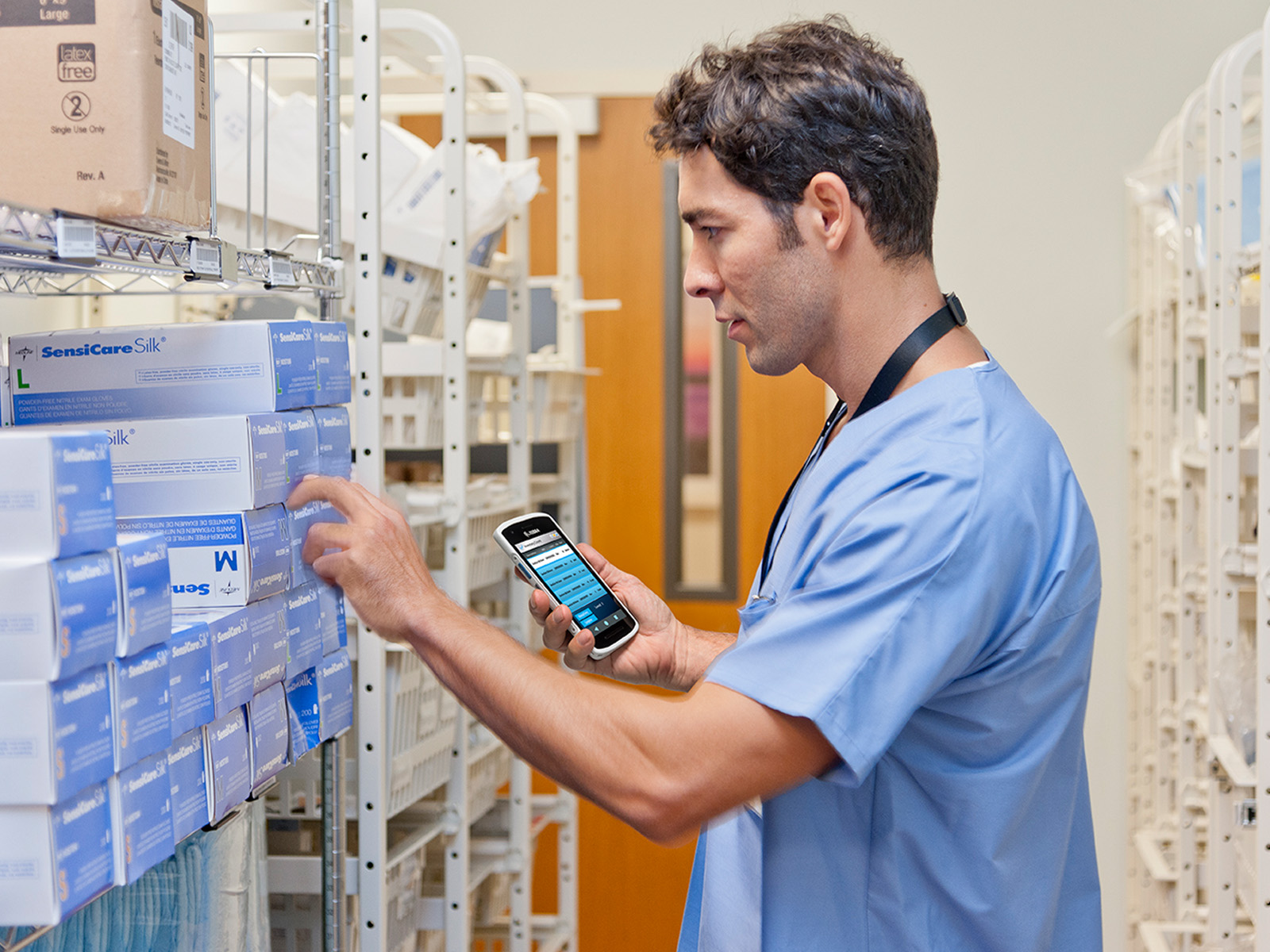
3. Streamlined Workflows
Administrative workflows can be complex and time-consuming, often involving extensive paperwork and manual processes. Streamlining these workflows is essential for healthcare providers to allocate more time and resources to patient care and reduce the risk of errors and delays in administrative tasks. Advanced technology solutions have emerged as a game-changer in healthcare administrative workflows through leveraging automation, data integration, and process optimization to simplify tasks and enhance overall efficiency.
Innovative Solutions for Streamlining Workflows:
Electronic Health Records (EHR) Integration: One of the fundamental steps in streamlining healthcare workflows is integrating Electronic Health Records (EHR) systems. EHRs centralize patient information, making it accessible to authorized healthcare personnel in real-time. This eliminates the need for manual record-keeping and reduces the risk of data entry errors.
Digital Imaging and Diagnostics: Digital imaging and diagnostic tools allow for the rapid capture, storage, and retrieval of medical images and test results. These tools eliminate the need for physical film and facilitate quick sharing of images among healthcare providers.
Automated Appointment Scheduling and Reminders: Automation in appointment scheduling and reminders reduces the administrative burden on healthcare staff and minimizes patient no-shows. Automated systems can send appointment reminders via email, text messages, or phone calls.
Digital Documentation and Electronic Prescriptions: Digital documentation tools and electronic prescription systems enable healthcare professionals to create, store, and transmit medical documents and prescriptions electronically. This not only saves time but also reduces the risk of errors associated with handwritten notes and prescriptions.
Automated Billing and Claims Processing: Healthcare billing and claims processing can be highly labor-intensive. Automated billing systems streamline the process by generating accurate bills and processing insurance claims electronically.
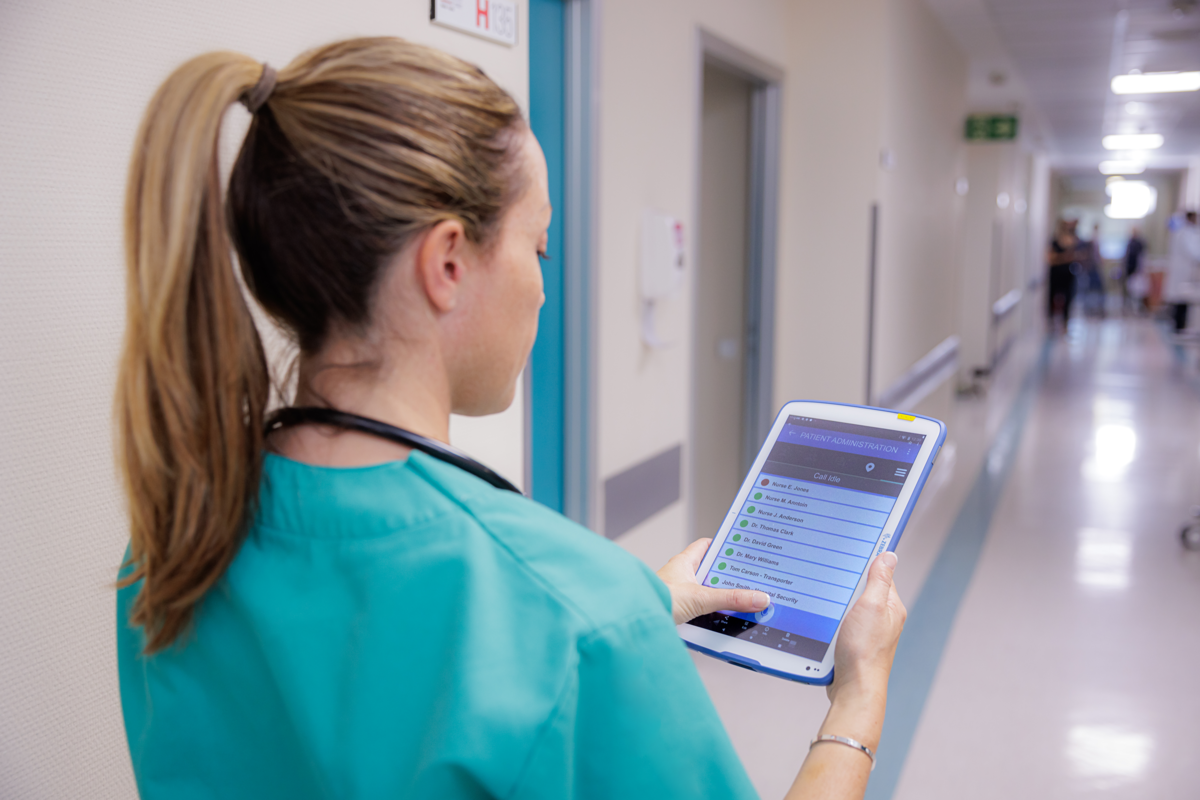
4. Regulatory Compliance
Healthcare is subject to a myriad of regulations and standards aimed at ensuring patient safety, data security, and the delivery of high-quality care. Compliance with these regulations is not just a legal requirement; it’s a fundamental component of maintaining the trust of patients and upholding the integrity of healthcare operations. In an increasingly complex regulatory environment, healthcare providers rely on advanced technology solutions to facilitate and maintain compliance with stringent standards and regulations.
Cutting-Edge Solutions for Regulatory Compliance:
Electronic Health Records (EHR) Security and Privacy: Compliance with regulations like the Health Insurance Portability and Accountability Act (HIPAA) is paramount in safeguarding patient data. EHR systems employ robust security measures, including encryption and access controls, to protect sensitive patient information.
Medication Management and Tracking: For pharmaceutical and medication management, compliance with regulations such as the Drug Supply Chain Security Act (DSCSA) is crucial. Technology solutions provide real-time tracking of medication from production to dispensing, ensuring compliance with serialization and traceability requirements.
Temperature Monitoring and Compliance: In healthcare environments where temperature-sensitive products are stored, compliance with regulations related to temperature monitoring is essential. Automated systems continuously monitor and log temperature data, providing documentation for compliance purposes.
Electronic Prescriptions and Controlled Substance Monitoring: To comply with regulations governing controlled substances, healthcare providers leverage electronic prescription systems that include features such as two-factor authentication and prescription tracking.
Reporting and Auditing Capabilities: Compliance often requires comprehensive reporting and auditing capabilities. Technology solutions generate reports and maintain audit trails, enabling healthcare providers to demonstrate adherence to regulations during audits and inspections.
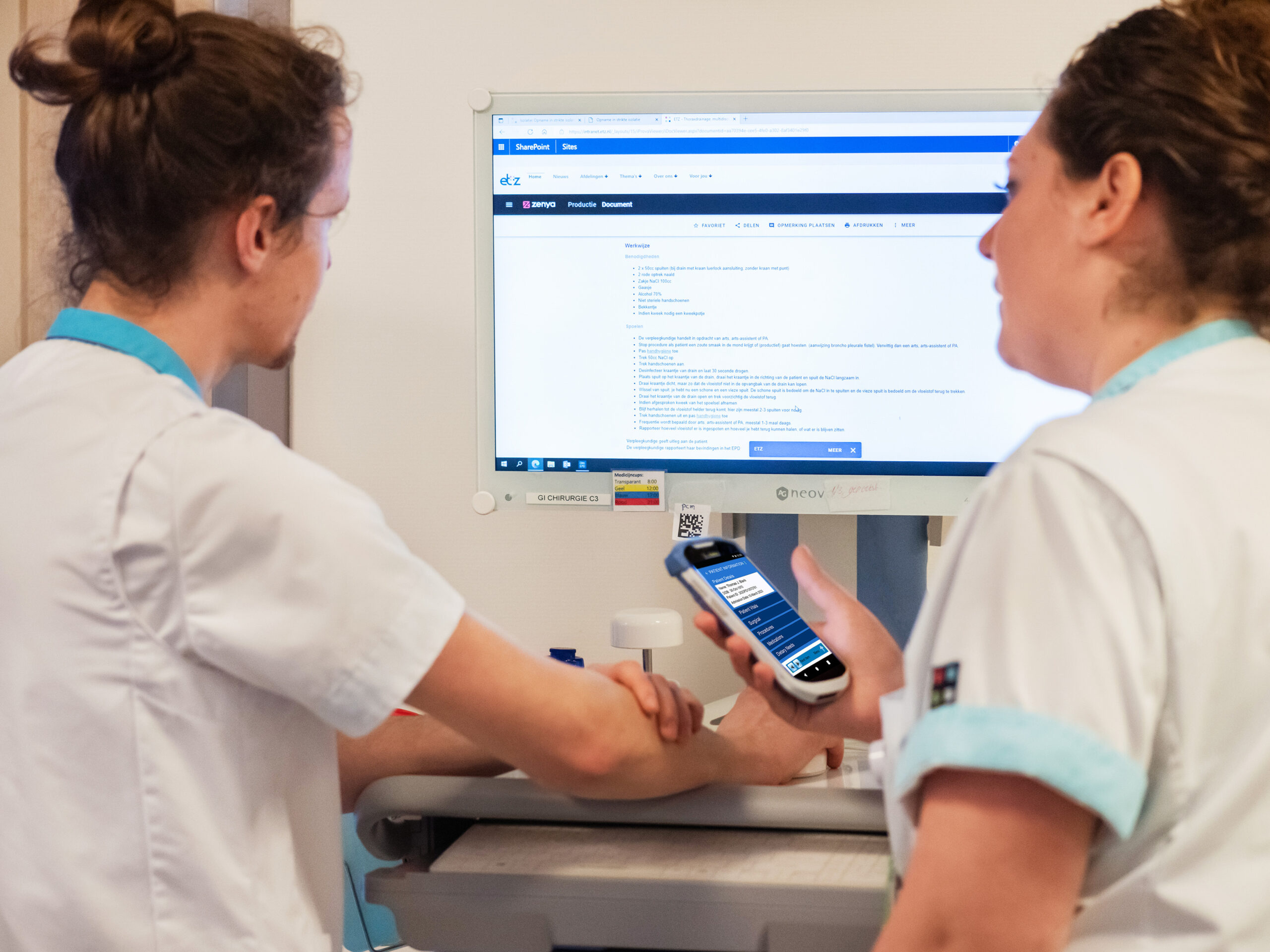
5. Enhanced Data Analytics
Data-rich healthcare environments need the ability to harness and analyze data effectively is a game-changer. Enhanced data analytics empower healthcare organizations to extract meaningful insights from vast datasets, enabling data-driven decision-making, process optimization, and improved patient care outcomes. Innovative analytics solutions have emerged to address the unique challenges and opportunities within the healthcare industry. These solutions provide a comprehensive view of healthcare operations and patient care, facilitating informed and strategic decisions.
Advanced Analytics Solutions for Healthcare:
Predictive Analytics for Disease Management: Predictive analytics leverages historical patient data, clinical records, and other sources to forecast disease trends and identify individuals at risk. This enables healthcare providers to implement preventive measures and early interventions.
Operational Efficiency Optimization: Data analytics solutions analyze healthcare operations to identify bottlenecks, inefficiencies, and areas for improvement. By optimizing workflows and resource allocation, healthcare organizations can enhance operational efficiency.
Population Health Management: Population health management involves analyzing data from a group of patients to identify trends and patterns, which can inform preventive care strategies and resource allocation.
Cost Analysis and Revenue Cycle Management: Data analytics solutions provide insights into the cost of healthcare services, revenue generation, and billing accuracy. This helps healthcare organizations optimize their revenue cycle management.
Clinical Decision Support Systems: Enhanced data analytics are integrated into clinical decision support systems, providing healthcare professionals with real-time information and evidence-based recommendations for patient care.
Quality Improvement Initiatives: Data analytics support quality improvement initiatives by tracking key performance indicators, patient outcomes, and adherence to best practices.

Take Action Today!
In a healthcare landscape where precision, efficiency, and patient safety are non-negotiable, ValuTrack stands as a trusted partner. Their innovative solutions empower hospitals and healthcare providers to elevate their patient care processes to new heights. By embracing automation, accurate data capture, and streamlined workflows, healthcare professionals can focus on what truly matters – delivering exceptional care to patients. Take action today and Contact a ValuTrack Technology Specialist to learn more about how we can help you elevate the patient care that your hospital and medical center provides.




